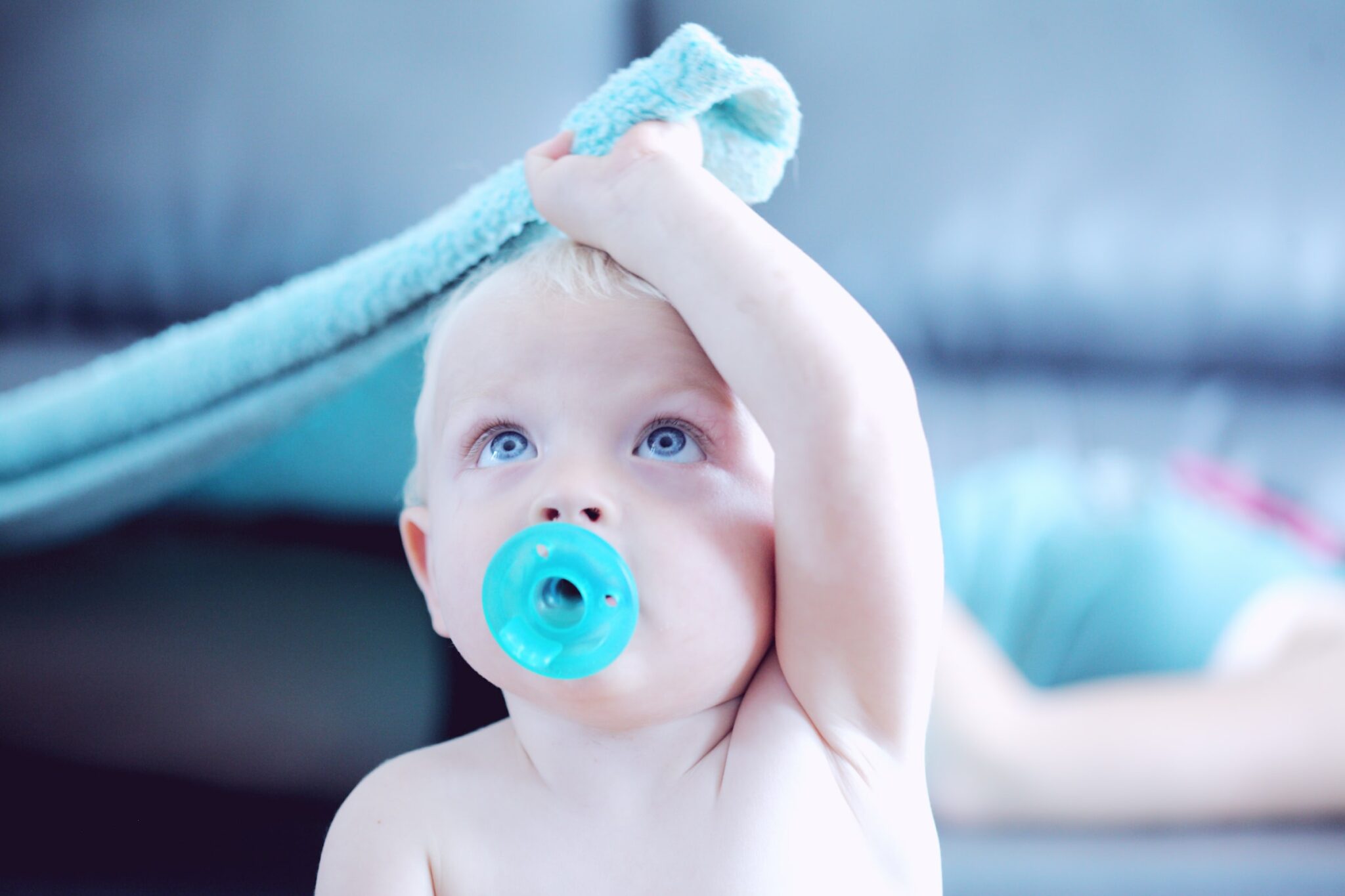
When your baby is sobbing inconsolably, popping in his pacifier is a huge relief – for both of you! But is it really the best thing to do? Parents get a lot of conflicting information about pacifiers, and major health organizations have weighed in on the issue. Sorting through it all can be a headache. Fortunately, your dentist for kids is here to help!
Dr. Matt and his team at Smiles Dentistry for Kids stay up-to-date with the latest oral and physical health information for young patients. At our Overland Park, KS, office, we are happy to help you wade through the sea of information to make the best decisions for you and your child.
For more information or to schedule an appointment, contact Smiles Dentistry for Kids today.
The Benefits of Pacifiers
The most obvious benefit of pacifiers is that they soothe crying – and fast! Experts warn against using them every time a child cries. But they can be especially beneficial under stressful circumstances, providing a quick and easy distraction. They can also help restless children fall asleep. And they can lessen the irritation of teething, especially if they have been chilled.
But perhaps the biggest benefit of pacifiers is that it can reduce the risk of Sudden Infant Death Syndrome (SIDS) by as much as 90%.
Pacifier Teeth
At the same time, pacifiers do have one primary disadvantage – their effect on developing teeth. Sucking on a pacifier (or, it must be noted, a thumb) could eventually affect dental development. Children may suffer from protruding front teeth, or their teeth may not come together properly when they bite down.
The conflicting evidence can leave a parent baffled. Fortunately, as your dentist for kids points out, the risk of developing pacifier teeth is low for very young children. The American Academy of Pediatric Dentistry recommends that children stop using a pacifier by the time they are three years old. They note that dental misalignment can be affected when children use pacifiers after 12 months. However, these issues will resolve, provided that pacifier use is discontinued before age three.
Other Drawbacks of Pacifier Use
Some parents choose to wean their babies from the pacifier earlier. Studies suggest that pacifiers increase the risk of ear infection. That is why the American Academy of Pediatrics suggests limiting pacifier use after 6 months of age.
Additionally, sucking on a pacifier could prevent a baby from developing a proper latch when nursing. Experts suggest waiting until mom and baby have established breastfeeding before introducing a pacifier. Usually, this will take 3 to 4 weeks.
How to Stop Using a Pacifier
Guidelines are all well and good, but actually weaning your baby from the pacifier can be a challenge. The right method will depend on your child and at what age you choose to wean.
Cutting back gradually may be easier than stopping all at once. Also, be sure to start the weaning process when things are stable and a routine is established. Avoid weaning around a major event or a vacation, when things will already be chaotic. Above all, be gentle with your child and with yourself during this difficult transition.
Find a Dentist for Kids to Answer All Your Oral Health Questions
Concerned about your child’s tooth development? Looking for more information about pediatric dental care? Contact your dentist for kids today!
You can reach Dr. Matt online or give our office a call at (913) 685-9990.